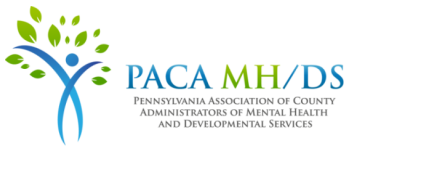Mental Health FAQ
If you or someone you know is experiencing a mental health crisis, the following resources are available:
- Suicide Prevention Hotline: 1-800-273-TALK (8255)
- Suicide Prevention Online Chat
- Treatment Referral Routing Service offered by the Substance Abuse and Mental Health Services Administration: 1-800-663- HELP (4357)
Contact your county’s MH/ID office for more information about local services.
Financial eligibility determinations for Medical Assistance coverage through behavioral HealthChoices are made by the Department of Public Welfare’s County Assistance Offices. Applications for financial eligibility can be done in person or online.
County MH/ID offices are responsible for planning and delivering home and community based services that provide appropriate mental health treatment based on medical needs. Counties also oversee the behavioral HealthChoices Medicaid managed care program and are responsible for maintaining a qualified provider network, resolving consumer grievances and appeals, and assuring quality services. Counties manage a limited amount of base funds allocated by the state for services that are not covered by Medicaid, and county property tax dollars support a small amount of required match to draw down state dollars.
Most mental health services have an emphasis on helping people to remain in their communities. Institutional options are also available when intensive services are needed, but the goal of state hospitals is to move residents into appropriate community programs whenever possible. Counties emphasize home and community-based services to help people who have serious mental illness break the cycle of repeated hospital admissions and become contributing members of their communities. Downsizing and closing of state hospitals is expected to continue as community-based services expand.

